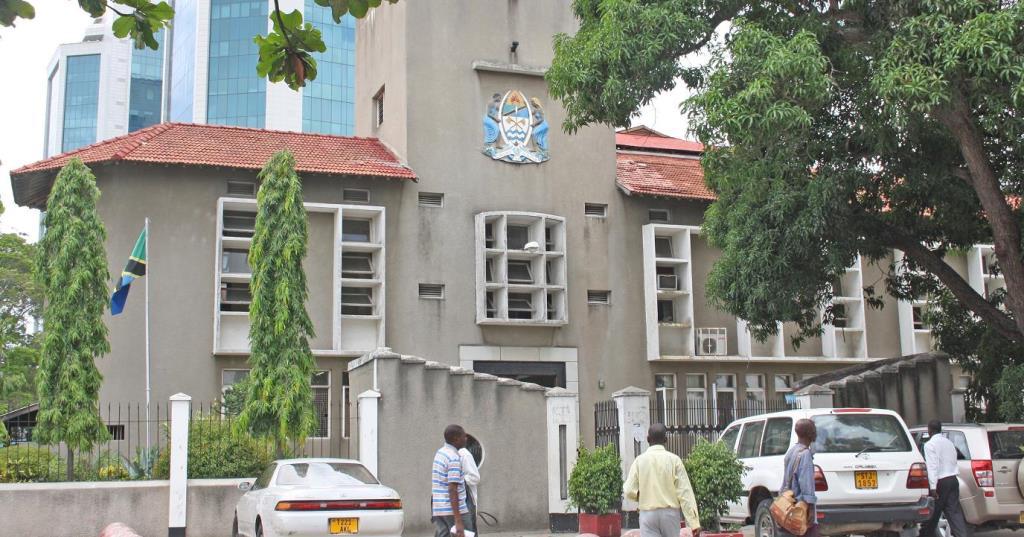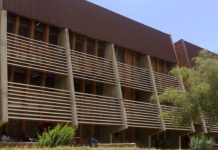Author: FAUSTINE KAPAMA
AfricaPress-Tanzania: PROCEDURAL irregularities have saved eight accused, including police officers from being imprisoned for 20 years each and pay 68bn/- fine for unlawful possession and dealing in 70 pieces of elephant tusks worth 850.5m/-.
This follows a decision given by the Court of Appeal recently when determining an appeal lodged by Cpl Senga Nyembo, Police Constable Issa Mtama, Prosper Maleto, Seif Ndumuka, Amri Bakari, Said Kadulo Ndumuka, Ramadhani Athumani, and MG No 167 Musa Mohamed.
The appellants had appealed against the findings of the Court of Resident Magistrate of Coast Region in Kibaha, which were later confirmed by the High Court in the first appeal under which they lost and ordered to continue implementing the sentence imposed on them.
As a result of procedural irregularities, Justices Stella Mugasha, Ferdinand Wambali and Rehema Kerefu exercised the powers of the Court of Appeal to revise and nullify trial court proceedings and judgment, quash the convictions and set aside the sentences and the order on the payment of fine.
“Similarly, we nullify the proceedings and judgment of the High Court as the same emanated from null proceedings. As a result, we order a retrial to be conducted before another magistrate of competent jurisdiction. Meanwhile, the appellants should remain in remand prison pending retrial,” the justices declared.
The justices noted in the course of hearing the submission by Mohamed concerning his complaint that he was not given the right to cross-examine some witnesses for the prosecution and the defence.
They had to revisit the proceedings to address the complaint appropriately.
Thus, the justices said it had come to their attention that the trial court proceedings were marred by some procedural irregularities which might have adversely affected fair hearing for both trial sides.
To be specific, they noted two most glaring procedural irregularities.
Such irregularities include failure of the trial court to give each of the appellants the right to cross-examine witnesses and failure of the trial court to give each of the appellants the right to object or otherwise the tendering and admission of exhibits.
The justices noted from the record of appeal that the way the trial magistrate recorded the proceedings cast doubt on whether the appellants fully participated in the trial.
Notably, they said, in some parts unrepresented appellants were simply grouped together and thereafter jointly shown to have either said nothing concerning the cross-examination of a particular witness or before a particular exhibit was tendered by a witness and admitted as evidence.
They said the cumulative effect of the procedural unfairness during the trial could not be said to have not greatly denied the appellants’ right to be heard which in effect prejudiced them as rightly submitted by the sixth appellant.
“Consequently, we hold a firm view that the procedural unfairness has affected the entire trial as it involves both the case for the prosecution and the defence. It follows that where there is no fair procedural hearing like it is in this case, the proceedings are vitiated,” their judgement said.
Failure of the trial magistrate to give each of the appellants an opportunity to say whether they objected or otherwise to the admission of exhibit and to cross-examine witnesses breached the rule of natural justice, which entails that justice must not only be done, but also must manifestly be seen to be done.






